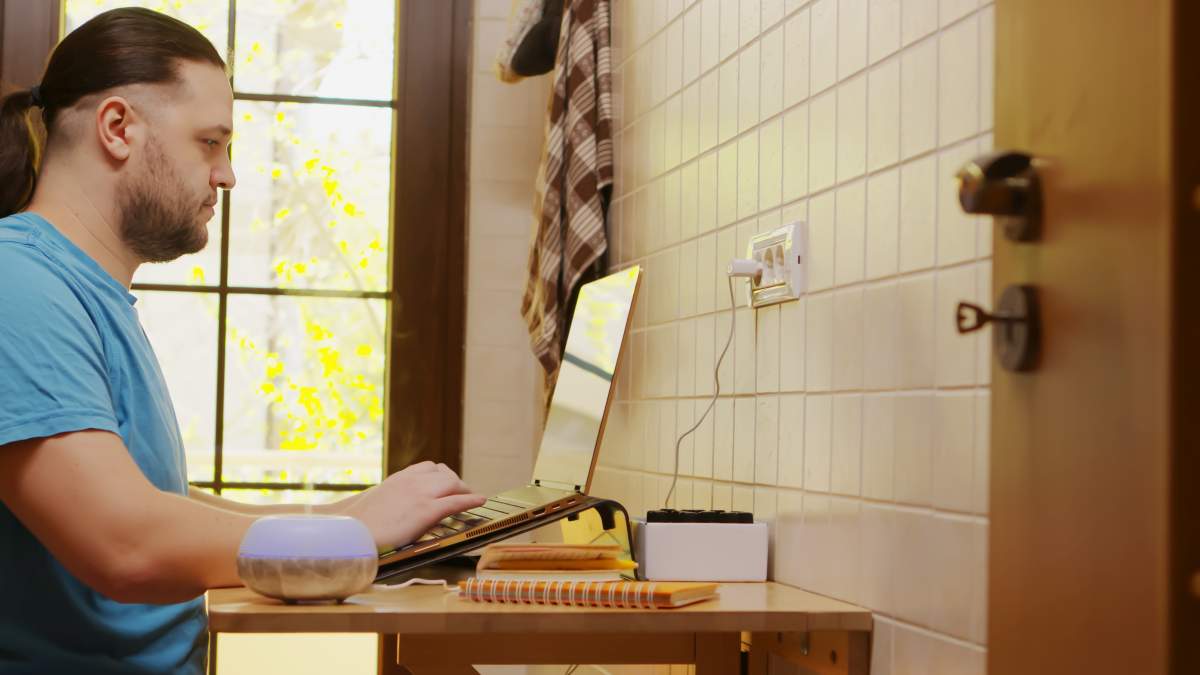Proctoring, or online monitoring, is a method of remotely monitoring candidates during competitive examinations. It is carried out by a proctor who verifies the candidate’s identity and monitors activities during the examination. The introduction of online proctoring, made necessary by the COVID-19 pandemic, has raised some critical issues that require careful evaluation.
Security and integrity
One of the main points of discussion concerns the effectiveness of proctoring in ensuring the security and integrity of competitive testing. Although remote monitoring allows a certain degree of supervision during the conduct of the test, there are limitations in the ability to identify and prevent irregular behaviour by participants. The possibility that candidates may bypass control measures using sophisticated elusion techniques or the complicity of third parties raises doubts about the real effectiveness of proctoring in ensuring the fairness and impartiality of evaluations.
Privacy and personal data
The adoption of online proctoring raises concerns about the privacy and security of candidates’ personal data. The need to allow remote access to cameras and microphones on participants’ devices during the conduct of tests can be perceived as an intrusion into privacy and raises concerns about the protection of sensitive data. The possibility of third parties gaining undue access to candidates’ personal data or using it for unauthorized purposes poses a serious threat to information security and trust in the competition process.
Doubts about equal access to candidates
In addition, online proctoring raises other questions regarding the fairness and accessibility of competition tests. Disparities in access to reliable technology and secure internet connections may compromise the participation of some candidates, introducing elements of inequality into the selection process. Lack of uniformity in the conditions under which the tests are conducted may negatively affect the results and affect the credibility of the competition process.
The overall experience of candidates while taking tests under online monitoring can be compromised by external factors, such as technical problems or interruptions of the Internet connection. In fact, not a few candidates have complained – over time – about problems with retesting and re-testing due to no or interrupted internet connection.
Conclusions
The impact of such inconveniences on participants’ concentration and performance can seriously affect the results and raise doubts about the validity and reliability of the evaluations.
Thus, although online proctoring may offer advantages in terms of cost savings, it does not guarantee privacy, security and fairness to all participants.

